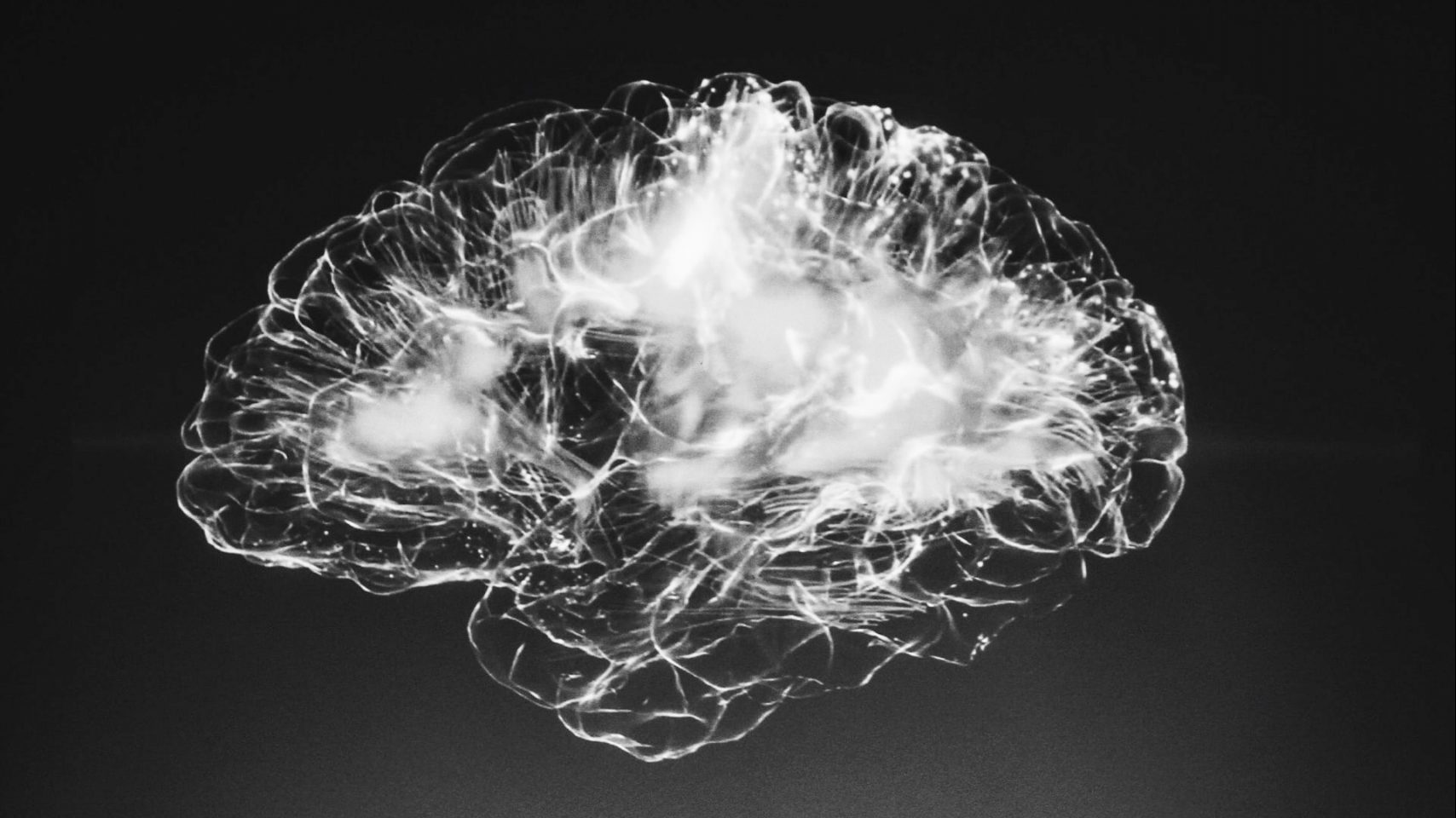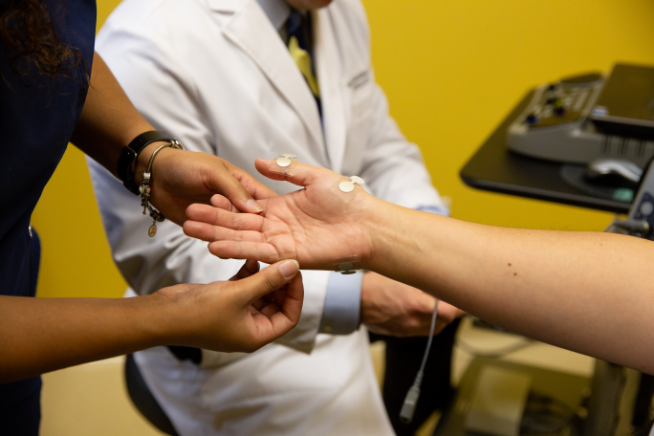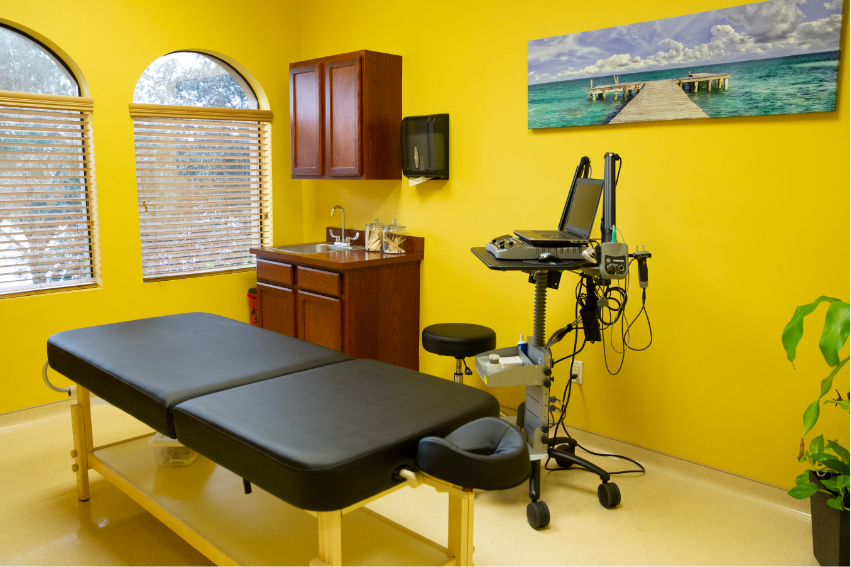Nerve conduction study (NCS), Electroencephalogram (EEG) and Electromyogram (EMG)
Neurological procedures and services offered
Electroencephalography

An electroencephalogram (EEG) is a test that detects electrical activity in your brain using small, flat metal discs (electrodes) attached to your scalp. Your brain cells communicate via electrical impulses and are active all the time, even when you’re asleep. This activity shows up as wavy lines on an EEG recording.
An EEG is one of the main diagnostic tests for seizures. An EEG may also play a role in diagnosing and monitoring other brain disorders.
Nerve conduction studies and Electromyography (NCS/EMG)

Nerve conduction studies (NCS) show how well the body’s electrical signals are traveling to a nerve. This is done by applying small electrical shocks to the nerve and recording at either a distance over the same nerve or over a muscle that the nerve controls.
In Electromyography (EMG) a small, thin needle is introduced in a muscle to evaluate healthiness of the the muscle fibers which in conjunction with NCS data can be used to ascertain location and degree of neurological dysfunction.
Carpal Tunnel Syndrome, Tennis Elbow Syndrome, Radial nerve palsy, Sciatica, and pinched nerves are conditions that can be evaluated with NCS/EMG.
Evoked Potentials (EP)

Evoked potentials are tests to check the nerve pathways through the spinal cord or from the eyes and ears. The signals for these tests can come from small electrical shocks, light pulses, or clicks of sound in the ears. The nerve responses are recorded over the scalp and other areas of skin.
